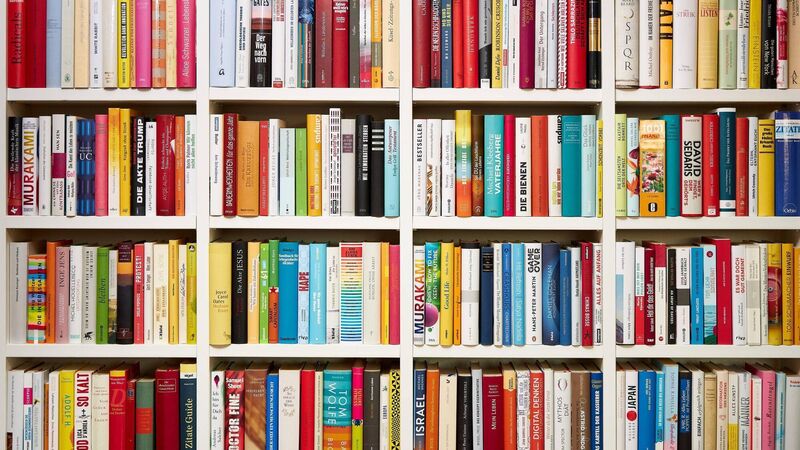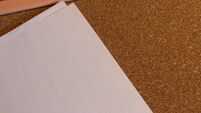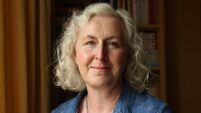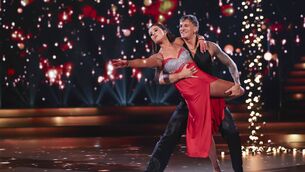Karl Whitney: Difficult decisions you have to face when the books pile up

There’s an existential quality to deciding what to do with your books. You stare at them with a cold eye and ask yourself: ‘Is this what I want to do with my life?’
A few weeks ago, I was moving my possessions to a house a couple of hundred miles from where I used to live. My friends, Eamonn and Neil, flew over to help me.
We hired a van in south London on a Friday morning and drove across Tower Bridge before skilfully arranging boxes, a bike, and a guitar in the back of the van and heading north through the traffic-clogged suburbs of the city.
BOOKS & MORE
Check out our Books Hub where you will find the latest news, reviews, features, opinions and analysis on all things books from the Irish Examiner's team of specialist writers, columnists and contributors.







